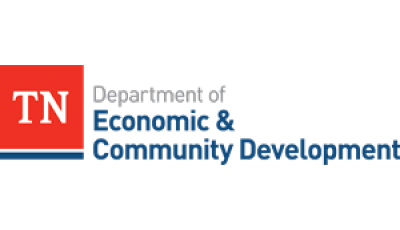European watchdog assesses potential use of distributed ledger technology in securities markets

European Securities and Markets Authority (ESMA)’s premises at 103 rue de Grenelle 75007 Paris, France
(Reception is located on the main level of the Edison building)
European watchdog European Securities and Markets Authority (ESMA) today released a discussion paper for public consultation on the potential use of distributed ledger technology in securities markets. The organization is also seeking feedback from stakeholders on the potential benefits and the risks that such broader use may pose, according to the accompanying press release.
“The consultation will help ESMA to assess the opportunities and challenges posed by DLT from a regulatory standpoint and form an opinion on whether a specific regulatory response to the use of this technology in securities markets is needed,” the organization says in the release. “ESMA acknowledges that the technology is still in its early days with no operating system using the DLT at large scale in securities markets yet. Therefore, the possible impact a broader use of DLT would have on the functioning of securities markets, market participants and infrastructures would need further assessment.”
The paper’s executive summary states that ESMA started analyzing digital currencies back in 2013. The organization issued a call for evidence on investments using distributed ledger technology in April 2015.
Specifically, the paper proposes that the technology can benefit financial markets in the following ways:
- Clearing and settlement of financial transactions, reducing the need for intermediaries.
- Record of ownership and safekeeping of assets through the creation of a unique reference database. This unique system could also be used as a reference system across securities markets.
- Reporting and oversight by facilitating data collection, consolidation and sharing.
- Reduced counterparty risk due to shortened transaction settlement cycles.
- Help make collateral management more efficient by reducing time for collateral posting and improving collateral processing across market participants.
- The potential to operate on a continuous basis, as compared to today’s financial processes that are organized in batches.
- High level of security compared to other current systems.
- Reduction of costs within certain aspects of the trading process, such as post-trading activities and reporting.
ESMA is welcoming all comments and feedback until September 2, 2016. These contributions can be submitted online to www.esma.europa.eu with the heading “Your input – Consultations.”
Image via ESMA’s website












